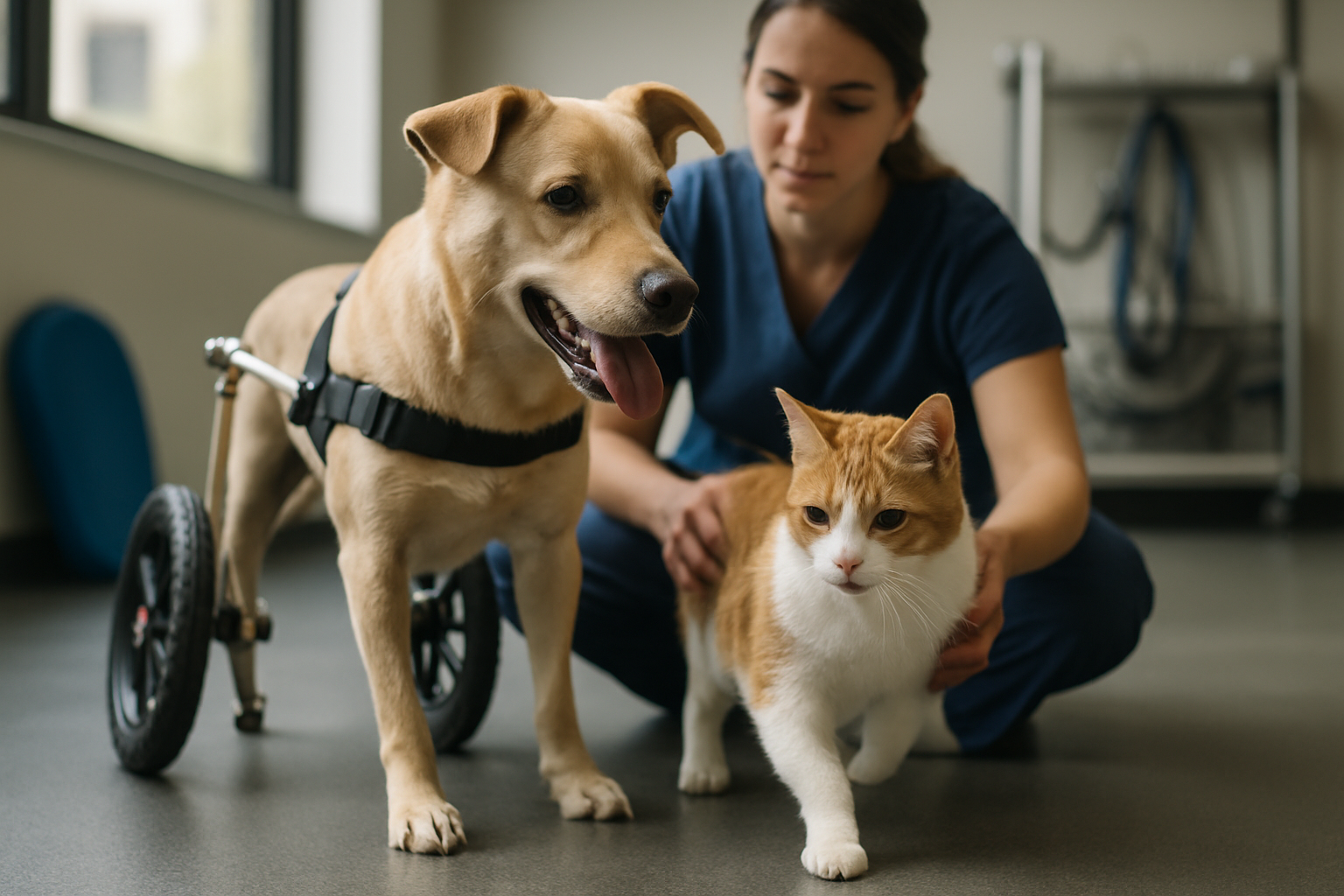Customizing meal plans for growing, adult, and aging companions
Designing meal plans that suit a pet’s life stage requires attention to changing energy needs, nutrient balance, digestive tolerance, and health risks such as obesity or age-related muscle loss. A thoughtful approach combines portion control, appropriate macronutrient ratios, targeted supplements when needed, hydration support, and attention to the microbiome. Tailoring meals for growth, adulthood, and senior years helps support wellness, behavior, mobility, and longevity in companion animals while respecting individual differences in breed, size, and activity.

Nutrition: What changes across life stages?
Growing animals need higher calorie density and increased protein, calcium, and phosphorus to support bone, organ, and muscle development. Adult companions generally benefit from balanced maintenance formulas that match their activity level to avoid weight gain. Aging pets often require fewer calories but higher-quality protein to preserve lean mass, plus nutrients that support joint health and cognitive function. Across all stages, fiber, essential fatty acids, and micronutrients contribute to coat condition, immune function, and overall wellness; consult a veterinary professional to adjust macronutrient targets for breed and body condition.
Hydration: How to support fluid balance?
Hydration is crucial for digestion, kidney function, and thermoregulation. Puppies and kittens can dehydrate rapidly; encourage regular access to fresh water and consider moisture-rich wet foods if intake is low. Adult pets engaged in high activity may need increased electrolytes and water after exercise. Older animals can develop reduced thirst responses or kidney changes—monitor drinking patterns and urine concentration. For animals with medical conditions, veterinary guidance on fluid therapy or modified water intake is essential. Simple steps like multiple water bowls, fountains, or wet food can improve hydration.
Microbiome: Why gut health matters for diet?
The gut microbiome influences digestion, immune response, and behavior via the gut-brain axis. Early-life diets help shape microbial communities; gradual transitions reduce digestive upset. High-fiber ingredients and prebiotic fibers feed beneficial microbes, while probiotics can help during stress, diet changes, or after antibiotics. For senior pets, microbiome diversity may decline; including fermentable fibers and easily digestible proteins can support gut function. Monitor stool quality, appetite, and gas as practical signs of microbiome-related issues and discuss targeted strategies with a veterinarian.
Supplements: When are they appropriate?
Supplements should be used to address documented deficiencies or specific health goals, not as blanket additions. Puppies may need DHA for neural development when not provided by a complete growth diet. Adults might benefit from omega-3s for skin and joint health, while seniors often use joint supplements (glucosamine, chondroitin) or antioxidants for cognitive support. Always choose products with quality assurance and consult a veterinarian to confirm dose and safety, as unnecessary supplementation can disrupt nutrient balance or interact with medications.
Digestion and obesity: How to prevent common problems?
Digestive sensitivity and obesity are frequent concerns across life stages. Slow introductions to new foods, feeding measured portions, and using consistent feeding schedules reduce gastrointestinal upset and prevent overeating. High-energy growth diets should be fed under guidance to avoid excessive weight gain; adult maintenance formulas should be portioned based on body condition score rather than package guidelines. For pets prone to obesity, focus on nutrient-dense but lower-calorie diets, incorporate enrichment feeding (puzzle feeders), and maintain regular exercise. Monitor weight and body condition monthly and adjust intake accordingly.
Lifecycle planning: How to transition and monitor?
Transitions between life stages should be gradual—over 7–10 days or longer—to minimize digestive upset. Watch for signs that indicate a need to change diet sooner: decreased activity, changes in coat or skin, dental issues affecting intake, or altered stool quality. Work with a veterinarian to schedule life-stage wellness checks and adjust meal plans for breeding, pregnancy, or chronic conditions (e.g., diabetes, renal disease). Training, grooming, and veterinary care complement diet changes by addressing behavior, oral health, and safety while ensuring the animal’s overall enrichment and quality of life.
Conclusion
Customizing meal plans for growing, adult, and aging companions is a dynamic process that balances energy needs, nutrient quality, digestive tolerance, and individual health concerns. Regular monitoring of body condition, stool quality, hydration, and behavior combined with periodic veterinary input helps ensure diets remain appropriate at each stage. Thoughtful adjustments to nutrition, enrichment, and supportive supplements when indicated can promote mobility, cognition, and long-term wellness across a pet’s lifecycle.





